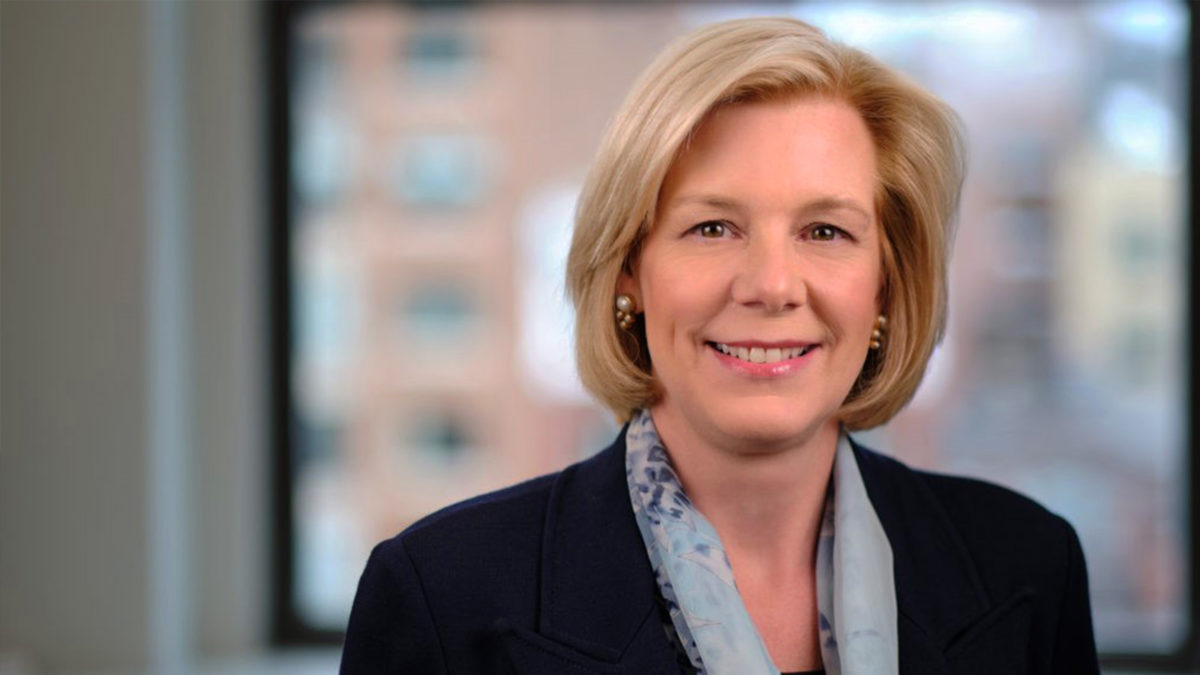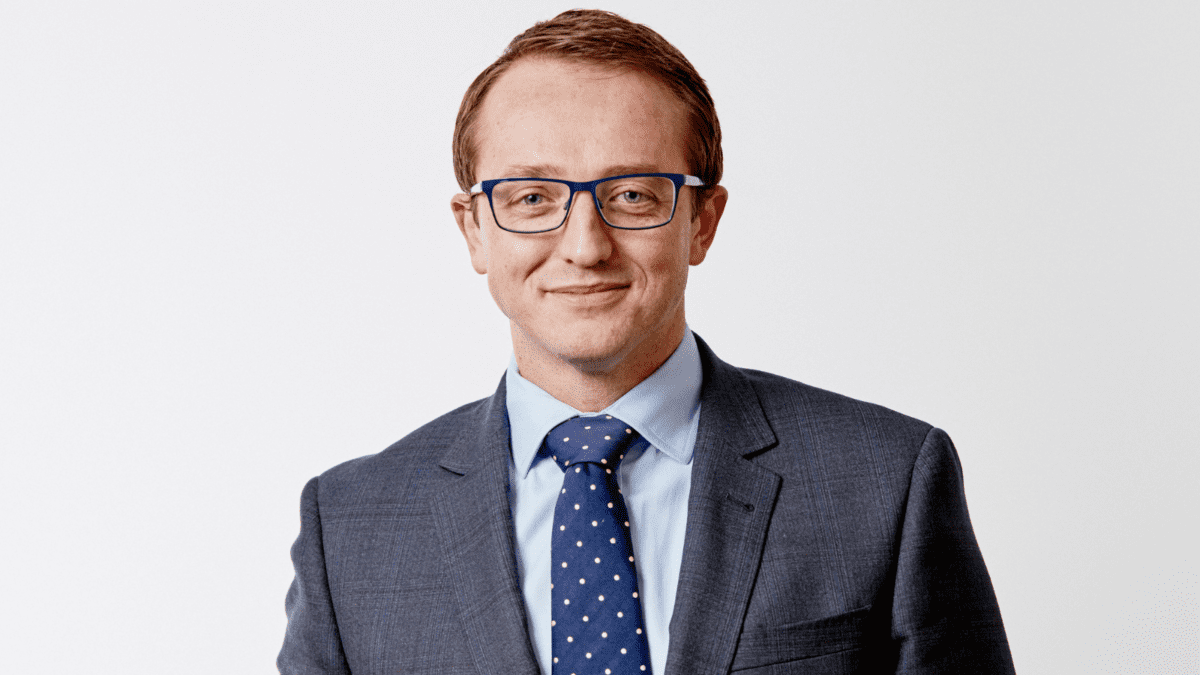How to make a new-age mandate for sovereign wealth funds
The third edition of the FCLTGlobal ‘Institutional investment mandates: anchors for long term performance’ builds on groundwork first laid by the group in 2015 to help asset owners remove short-termism from the equation when dealing with underlying managers.
The latest report adds further detail to earlier long-term mandate contract recommendations, providing “a framework that promotes alignment throughout every stage of the investment relationship”.
Since the release of the first mandate guidelines, for example, many institutional investors have now expanded “usual notions of their purpose to include their broader impact on markets, society, and the environment”.
“As a result, investors are increasingly identifying their core responsibilities, determining how expectations become responsibilities, and considering steps necessary to fulfill them,” the report says.
“Long-term investors change the mandate terms that they accept when they take on new or evolved responsibilities. The effect of accepting a responsibility can be to limit the investable universe, control externalities, require durability of performance over certain time horizons, or any combination of these standards.”
“Any of these parameters can affect the fees, benchmarks, contract terms, redemption processes, capacity constraints, reporting, projection, ownership, disclosure, or evaluation practices of a relationship.”
Both the NZ Superannuation Fund (NZS) and Australia’s Future Fund are cited as examples for successfully implementing long-term provisions with third-party managers.
However, NZS says in the FCLTGlobal report that: “Mandate provisions formalise relationships that are in a position to succeed, but it is due diligence – not mandate provisions – that allow relationships to produce strong returns and to satisfy important responsibilities.”
In keeping with FCLTGlobal recommendations, the Future Fund embarked on improving dialogue with underlying managers to ensure a better alignment of its purpose with third-party investment strategies.
“(The Future Fund’s) engagement with managers also strengthened reputation risk management by building trust and confidence, preventing miscommunication and clarifying expectations around risks,” the report says. “The fund learned that asset owners and managers have rarely engaged in explicit discussion on reputation risk, and greater depth on managing this risk was needed.”
The NZ$57 billion sovereign wealth fund also recently changed its core purpose from smoothing the fiscal impact of future superannuation payments to a focus on “sustainable investment delivering strong returns for all New Zealanders”.
In line with the new purpose, the NZS fund has adopted more formal sustainability targets for both external mandates and in-house strategies.
FCLTGlobal chief, Sarah Keohane Williamson, said the investment mandate remains the principal mechanism for governing the relationship between asset owners and fund managers.
“Ensuring that it reflects a long-term outlook is vital. That’s the reason we’ve returned to this area of research for a third time,” Keohane Williamson said. “The updated recommendations reflect how the industry has shifted over the past seven years, and how the relationships between owners and managers need to shift as well.”
Formed in 2013 in an alliance between consulting firm, McKinsey & Company and CPP Investments, FCLTGlobal now boasts about 75 members including institutional investors, fund
managers, financial service providers and large corporations.











